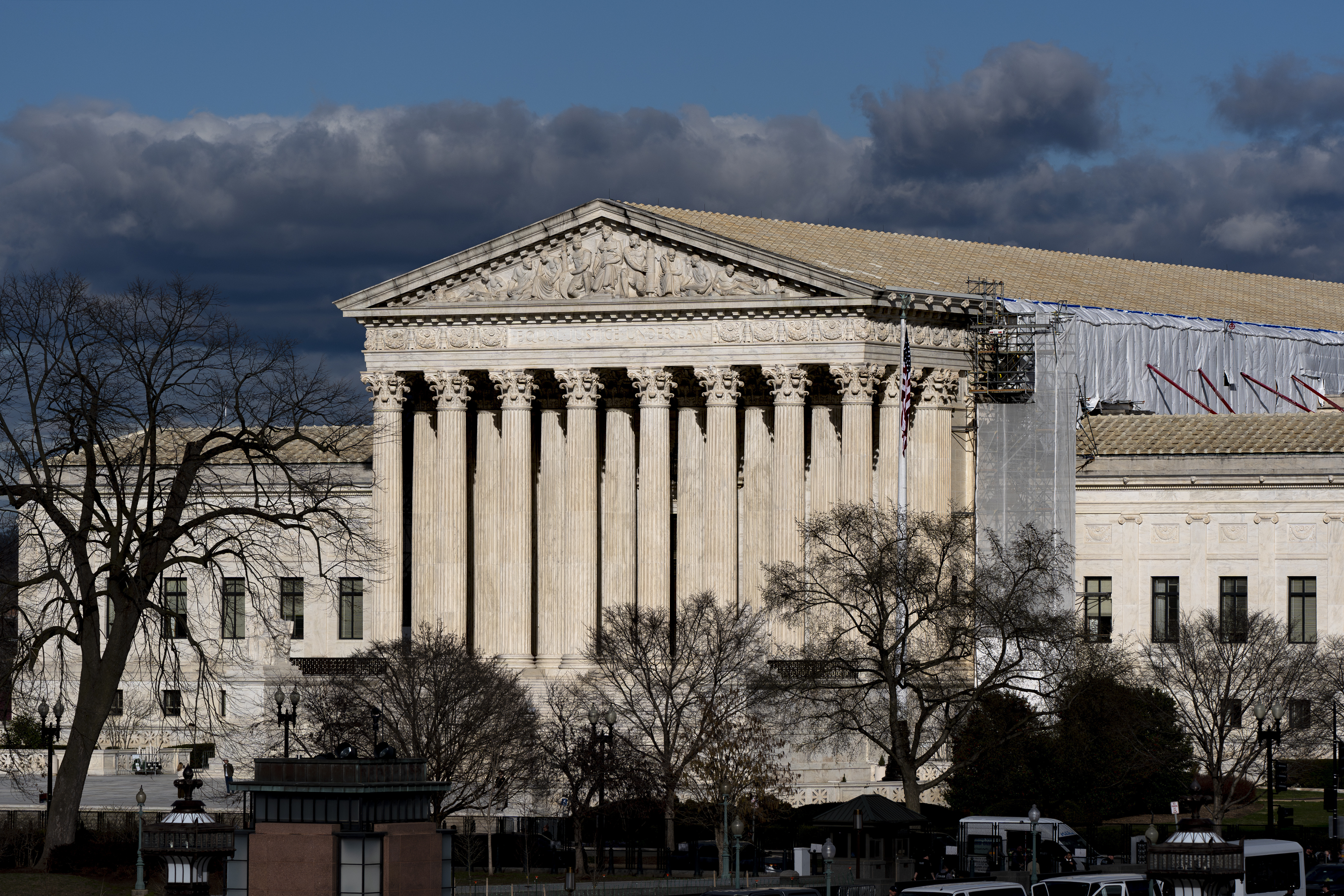California lawmakers on Thursday approved the nation's highest statewide minimum wage of $15 an hour, to take effect by 2022, after it was hailed by Democrats as an example to the nation as it struggles with a growing gap between rich and poor.
The legislation now goes to Gov. Jerry Brown, who says he will sign it into law Monday after previously working out the plan with labor unions.
Brown says the measure approved by the Legislature proves again that California can get things done and help people get ahead.
The state of New York was considering a similar move.
Democrats who control both legislative chambers in California hailed the increase as a boon to more than 2 million of state's poorest workers.
Republicans, however, echoed fears from business owners and economists that the annual increases — eventually tied to inflation — will compound California's image as hostile to business.
The Assembly passed SB3 with a 48-26 vote. The Senate followed, 26-12.
U.S. & World
News from around the country and around the globe
The increases would start with a boost from $10 to $10.50 on Jan. 1. Businesses with 25 or fewer employees would have an extra year to comply. Increases of $1 an hour would come every January until 2022. The governor could delay increases in times of budgetary or economic downturns.
California's current $10 an hour minimum is tied with Massachusetts for the highest among states. Los Angeles, Seattle and other cities have recently approved $15 minimum wages, while Oregon officials plan to increase the minimum to $14.75 an hour in cities and $12.50 in rural areas by 2022.
In New York, Gov. Andrew Cuomo and state lawmakers continued to negotiate Thursday over Cuomo's proposal to gradually raise the state's minimum wage from $9 to $15 by the end of 2018 in New York City and by mid-2021 elsewhere in the state.
Brown, a Democrat, was previously reluctant to raise the base wage. He negotiated the deal with labor unions to head off competing labor-backed November ballot initiatives that would have imposed swifter increases without some of the safeguards included in the legislation. Brown now says the most populous state's fast-growing economy can absorb the raises without the problems predicted by opponents.
About 2.2 million Californians now earn the minimum wage. The University of California, Berkeley, Center for Labor Research and Education, projected the increase would have a ripple effect for those whose wages would increase to keep pace.
The researchers project it would increase pay for 5.6 million Californians by an average of 24 percent. More than a third of the affected workers are parents. Latinos would benefit most because they hold a disproportionate number of low-wage jobs, the researchers said.
The right-leaning American Action Forum countered with its own projection that the increases could cost nearly 700,000 jobs
The increases are projected to eventually cost California taxpayers an additional $3.6 billion annually for higher government employee pay.
Some Assembly members cited the nation's imbalance in wealth while voting in favor of the wage increase.
"While we have made great strides in recovering from the economic recession, we know the bulk of that growth has been to the benefit of the top 1 or 2 percent," said Assemblyman Roger Hernandez, D-West Covina. "Too many workers are working full-time for poverty wages."
Assemblyman Jim Patterson, R-Fresno, countered that such a drastic increase would force small business owners to make layoffs "with tears in their eyes," ultimately resulting in less employment.



